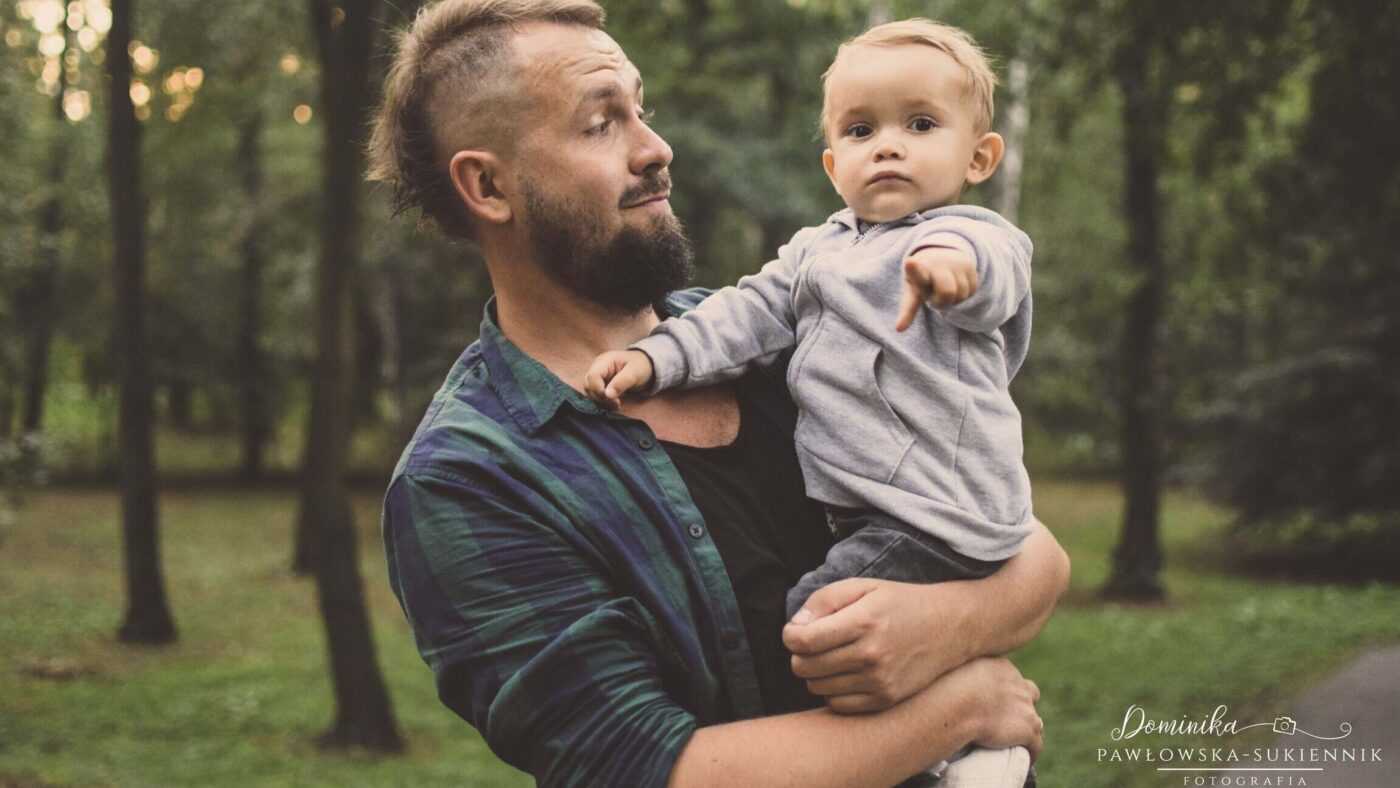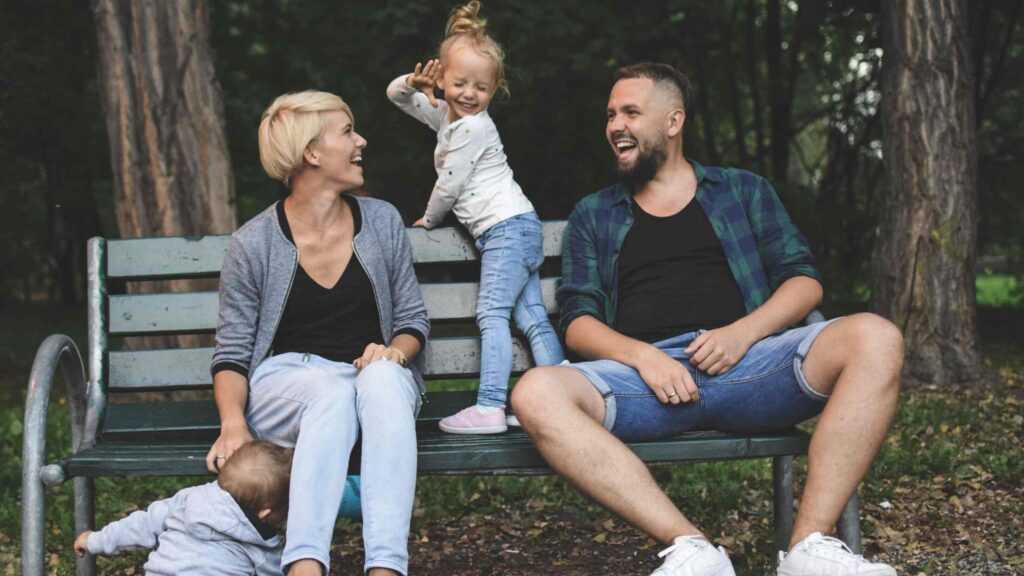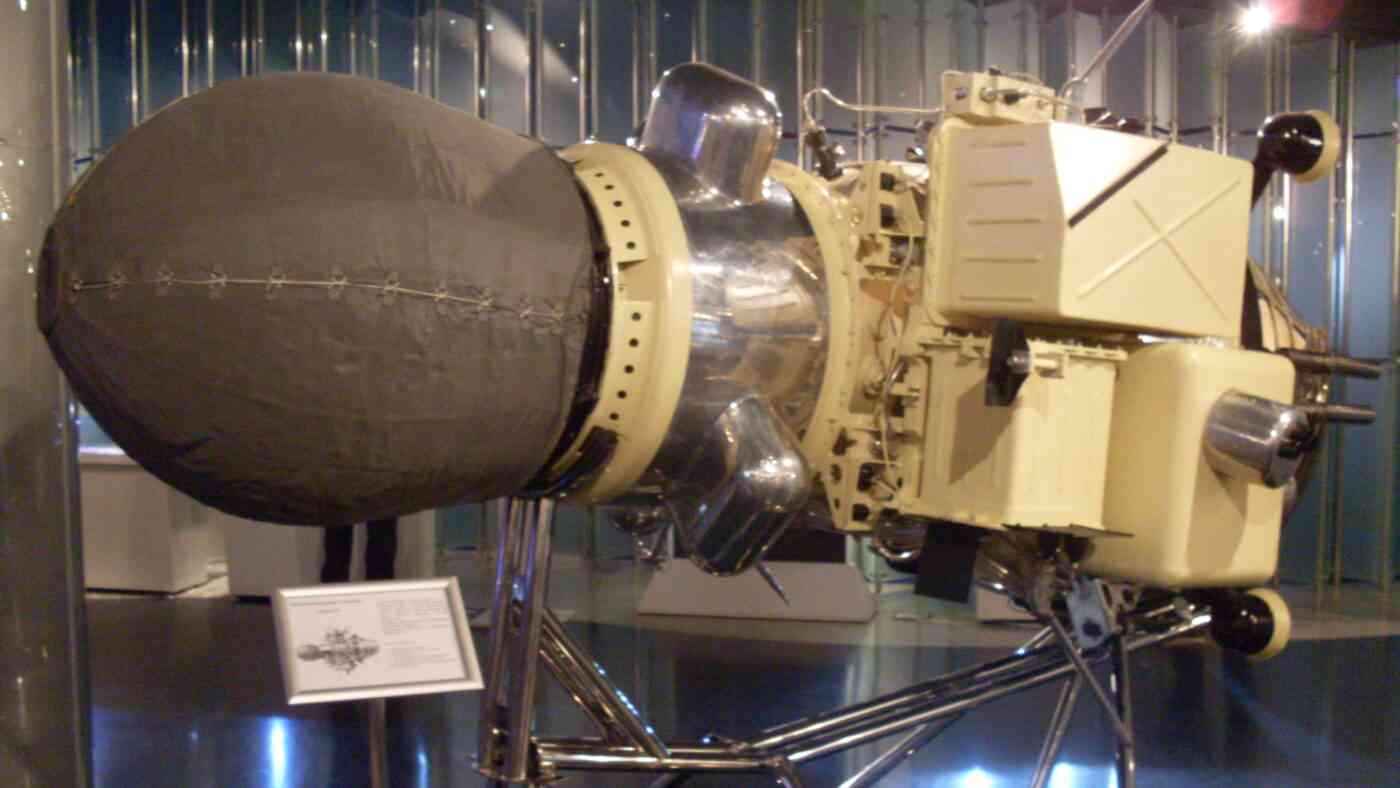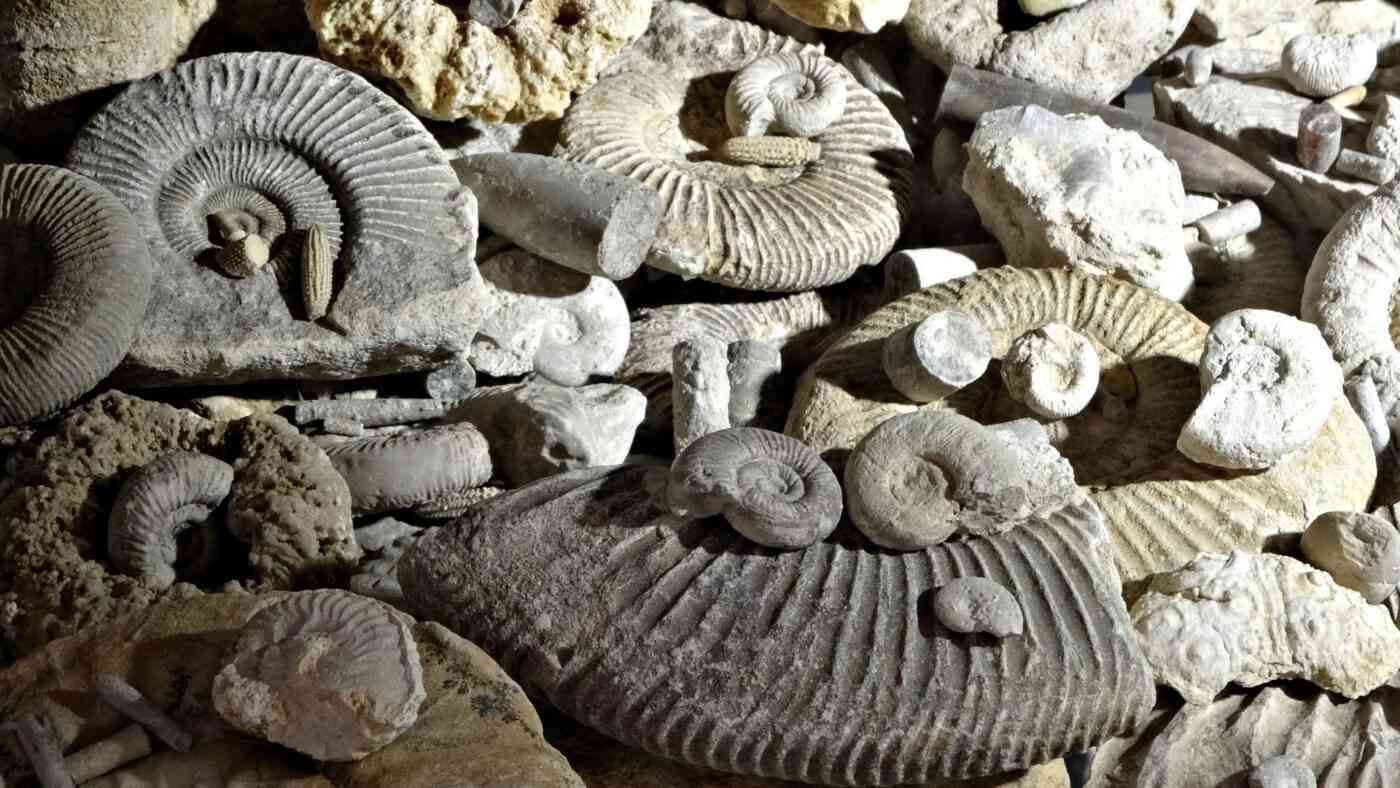Science
Lost on the Moon for 60 Years: AI Joins the Search
23 February 2026

“When someone, like me, has three children, they often forget how important one-on-one moments are and may start treating all three as a unit. Yet each child is a separate individual. Each feels differently and each desires a one-on-one relationship with the parent. They do not want to be treated as a trio or quartet; they crave individual recognition. This requires more effort and finding time,” says Damian Łęcki, a father of three, active in the Tato.Net fathers’ community.
Radosław Wojtas: I recently came across an interview that resonated with my observations and discussions with men in their 30s and 40s. Many of them recall that their fathers rarely hugged them or expressed love during their teenage years. Thankfully, my experience was different, but this sentiment is common among many men of my generation. Are fathers today more affectionate?
Damian Łęcki: I personally didn’t face such issues, as I have a strong relationship with my father. However, through conversations with other men, I’ve come to understand that the absence of a father figure is a widespread issue. We are still dealing with a crisis in fatherhood. Society often dictates that men have specific roles and should avoid those traditionally assigned to women. Many still believe that childcare – and, by extension, forming relationships with children – falls under these female roles. Fathers, however, should begin nurturing their bond with their children from the very first days. While you can’t have a conversation with a newborn, you can hold them, engage in their care, and through these actions, build a strong connection. Unfortunately, this involvement is sometimes seen as unmanly and not fitting the traditional role of a father, who is expected to focus on earning money.
We recommend: Antiheroes in Pop Culture. Far from Heroes, Yet Captivating Audiences
It’s not about fathers becoming second mothers or mothers becoming second fathers. The roles of parents are distinct and complementary.
There’s a reason we have both a mother and a father. While I don’t want to generalize, it’s often observed that women prioritize safety, whereas men tend to encourage children to explore more adventurous activities. Of course, there are exceptions, but typically, mothers aim to provide maximum safety, while fathers are more inclined to foster independence by allowing children to try new things and face the consequences. This doesn’t mean mothers never encourage independence, but fathers generally give children more freedom to experience and learn on their own.
Fathers usually permit more daring play, not out of carelessness or convenience, but because of their different roles.
This type of play is slightly more adventurous but still safe. For example, when we gather with children and fathers from Tato.Net, we often joke that if our wives were present, the kids wouldn’t leave the room. Although we’re exaggerating, we do strive to give children the freedom to explore while ensuring their safety.

Do you bring all three of your children to Tato.Net meetings?
This brings us to an important aspect of Tato.Net. Our trips, often kayaking, focus on building one-on-one relationships. Each father brings only one child. When you have multiple children, like I do, it’s easy to forget the importance of individual moments and start treating all of them as a unit. However, each child is unique, with their own strengths, weaknesses, and talents. Each one desires individual recognition and a one-on-one relationship with their parents. They don’t want to be seen as part of a trio or quartet; they crave personal attention. This requires more effort, finding time for separate trips with each child.
Do one-on-one moments differ greatly from interactions with all three? Do children behave differently then? Do they open up more? Do you do different things or discuss different topics?
One-on-one moments are entirely different. The format of these trips, spending hours together in a kayak, is intentional. Being “stuck” together for four or five hours naturally fosters conversation and relationship-building, regardless of the prior state of the relationship. However, trips alone aren’t enough. One-on-one moments should also be sought in everyday life, despite the challenge of finding time in our busy world. It’s worth the effort because in a larger group, a child might not feel comfortable sharing something or might not want to discuss certain topics in front of their siblings. There might be things they haven’t considered, which only come to light during a focused, individual conversation.
We recommend: Blood, Guts, and Blushes. The Allure of True Crime Series and Podcasts
Today, we have guidebooks, groups like Tato.Net, training programs, the internet, and, of course, the examples set by our parents. How does one learn fatherhood in today’s world?
To learn fatherhood, one must first understand oneself. I believe we primarily teach by example, making self-education crucial in raising children. Every parent envisions the kind of person they want their child to become in 20, 30, or 40 years. To achieve this, the parent must embody those qualities themselves. While we can talk, explain, and persuade, ultimately, children mirror our behaviors. Sometimes, I act in a certain way and think it’s acceptable, but when my three-year-old daughter mimics me, I realize that I need to work on certain aspects of myself. Our children reflect both our strengths and weaknesses. It’s like that meme where one father is staring at his phone and his child is doing the same, while another father is reading a book and his child follows suit. The father with the phone asks how to encourage his child to read, unaware that children absorb behaviors from our example.
So, becoming a better father means becoming a better version of yourself?
I’m grateful to my children because, through them, I’m becoming a better person. If we want to equip our children with the tools to handle life, problems, and emotions, we must take care of ourselves. The example starts with us.

And what role does participating in initiatives like Tato.Net play in learning fatherhood? What, besides the trips we’ve discussed, do you do there? Is it a kind of men’s support group?
As the name suggests, Tato.Net is built on a network of fathers committed to nurturing their fatherhood. One of our activities is monthly meetings, led by one of us according to an outline provided by Tato.Net. These sessions include workshops and lectures. We also organize various trips, not just kayaking. Fathers with older children can participate in more extreme trips with survival elements. Another key activity is the annual Forum, where fathers from the entire network gather for discussion panels, workshops, and lectures. The topics range from issues concerning preschoolers to those affecting teenagers and older children.
What benefits do you gain from this joint improvement in fatherhood? What tangible advantages has it brought?
I gain something valuable from every meeting, even if it’s just a small detail or a single tip. Each father is unique, with different experiences and insights. We learn from each other and understand that there’s no single ideal path or golden recipe for raising children or self-improvement. We discuss what works and what doesn’t in our families, and each father adapts these insights to their own situation.
Damian Łęcki – father of three children: Antosia (9 years old), Leoś (7 years old), and Anielka (almost 3 years old). He is 39 years old and works in graphic design. For several years, he has been active in Tato.Net, a community of fathers developed by the Cyril and Methodius Foundation. Tato.Net inspires men to experience fatherhood as a passion and the most important career of their lives.
Translation: Klaudia Tarasiewicz
Read the text in Polish: Nauka ojcostwa to samodoskonalenie. Dzięki dzieciom staję się coraz lepszym człowiekiem


Science
22 February 2026

Zmień tryb na ciemny